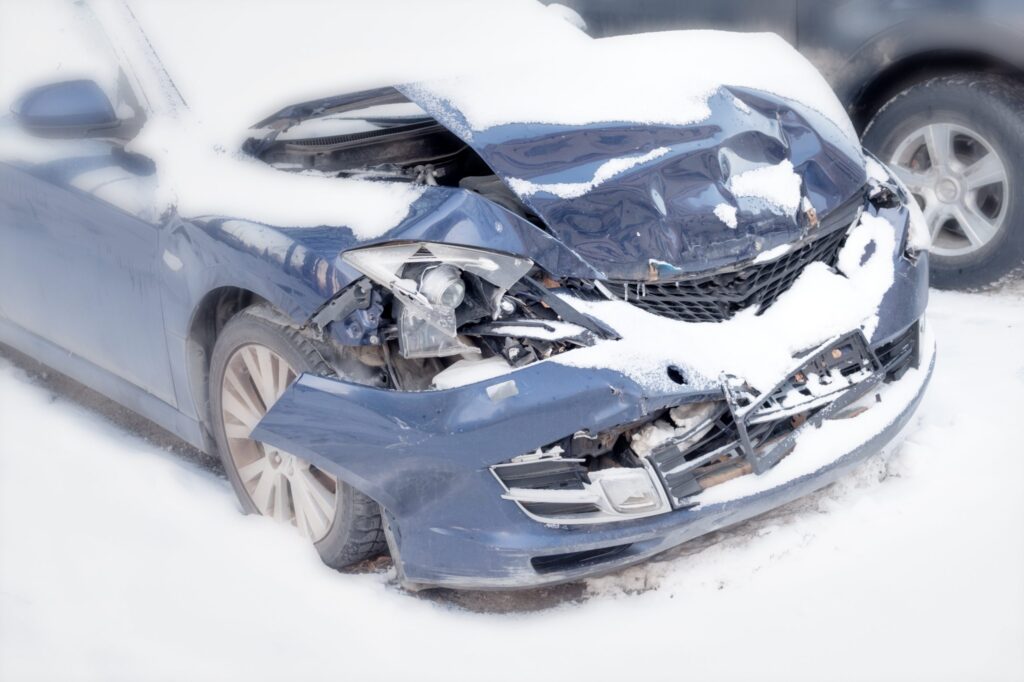Whether it was last week or last year, moving on from a bad car crash can be difficult. At first, you might feel fine, but then it hits you later. The trauma from a crash doesn’t have a timeline it must follow. It can strike immediately or years after the event. For some people, there is no shock or trauma. They simply move on from the crash.
But for many people, the trauma comes, and it lasts for a while. So, how do you handle trauma when it strikes? That’s what we’re talking about today. Your emotional well-being is equally important to your physical well-being.
Signs You’re in Shock from Your Accident
If you’ve been in an accident and you have some of these symptoms, you’re likely in shock:
- Your emotions are unpredictable.
- You’re getting into fights more often.
- You’re having flashbacks.
- Your heart is racing.
- You sweat a lot.
- It’s hard to concentrate.
- You can’t sleep well.
- You’re having nightmares.
- Certain noises or smells trigger you.
- You get headaches.
- You’re nauseous.
- You’re shaking.
- You feel anxious.
- You’re isolating yourself.
How to Move On
It’s important to acknowledge that you’ve been in a traumatic situation to recover. Working through your emotions will help you process them and begin recovery. As the days since the accident turn into weeks, you’ll notice yourself feeling better and better. So, what steps should you take?
- Give yourself time. Our bodies are equipped to handle stress and to recover from traumatic situations. But we do need time to process what’s happened to us. If your car was totaled or someone was injured or killed in the accident, it will take longer to recover. You might consider speaking to a grief counselor to help you cope with your emotions about death.
- Don’t isolate yourself. Talk to your friends and loved ones about what happened. This will help you process what you’ve been through.
- Express yourself through a creative outlet. Examples include writing in a journal, drawing or painting, or playing sports.
- Eat regularly, and eat well. Try to be balanced with your nutrition. Get lots of rest, even if you can’t sleep. If your body gets what it needs, it will recover more quickly.
- Keep a consistent schedule. Keep working, exercising, and cooking meals for yourself. This is really good for your mental health.
- Don’t make any major life decisions while you’re recovering from the trauma. You might make a completely different decision when you’re in a better headspace.
- By taking the proper steps, you’ll heal. The bad car crash will be part of your past. You won’t remember it fondly, but you’ll be okay.
Flickinger Sutterfield & Boulton
Were you involved in a bad car crash? The stress and trauma that come with a crash can be devastating, but we’re here to lend a hand. Flickinger Sutterfield & Boulton have been representing car accident clients for decades. If you were injured or lost a loved one, you deserve compensation for your pain and suffering. Don’t try to fight for yourself on your own. Contact us today for a free case evaluation.
